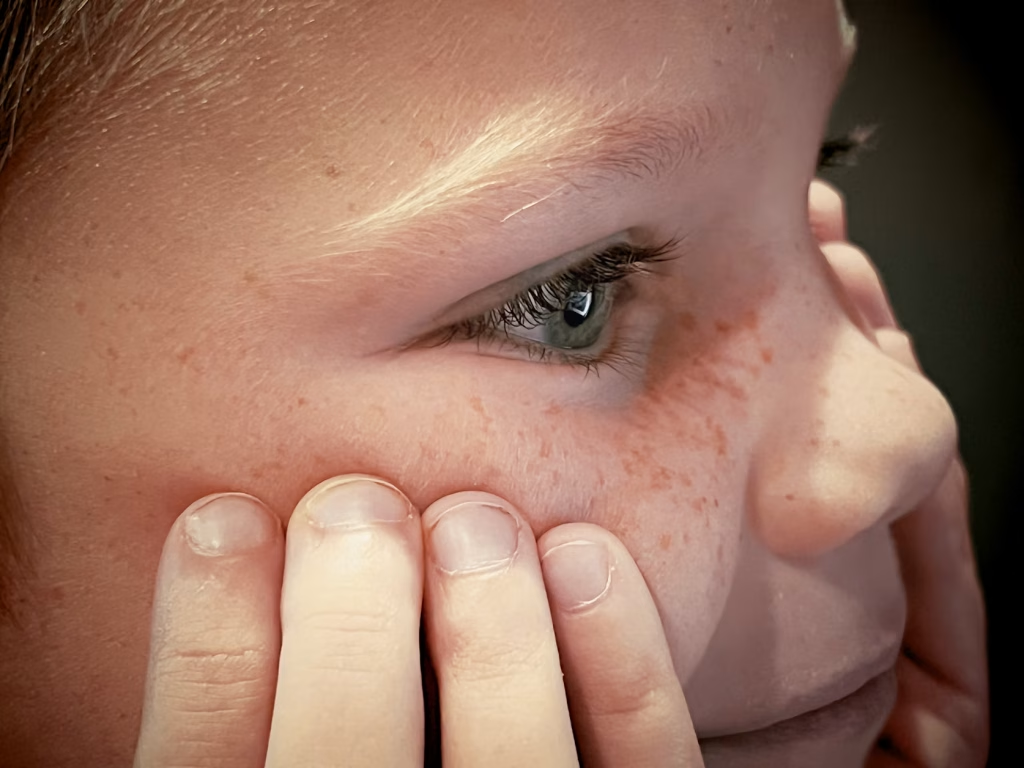
There comes a time in many children’s lives when you hear those nerve-inducing words: “Can I sleep over at my friend’s house?” It’s a milestone that reflects growing independence—but for many parents, it also triggers a flurry of concerns. Who’s watching the kids? Are older siblings around? Will your child feel safe if something goes wrong?
It’s completely normal to feel hesitant about sleepovers. The good news is that with some preparation and open communication, you can give your child the freedom to enjoy a night away while still safeguarding their well-being. Here are 13 essential tips to keep in mind before you give the green light.
1. Know the Host Family Well
Before approving any sleepover, make sure you’ve met the friend’s parents or caregivers—ideally in person. A quick conversation can reveal a lot about their parenting style, household rules, and general communication approach. Don’t be afraid to ask respectful but direct questions about supervision, curfews, and who else might be home. If something doesn’t feel right, trust your instincts and say no. Sleepover safety starts with knowing the people who will be in charge.
2. Talk Openly With Your Child
While sleepovers give kids a taste of independence, they shouldn’t have to navigate it alone. Let your child know you’re always available—no judgment, no guilt. Discuss how they can reach you if they feel uncomfortable (some families use a code text like “Can you bring me my book?” to subtly signal for help). Remind them they can leave early or change their mind at any time. Feeling empowered, rather than trapped, is key.
3. Educate and Empower Beforehand
Review basic safety info with your child before they head out. Make sure they know your full name, phone number, and any allergies or medical needs they might have. Understanding personal boundaries also goes a long way in keeping them safe. These early lessons in self-awareness build confidence—an essential layer of sleepover safety.
4. Clarify Supervision Details
Who will actually be watching the kids all evening? It’s fair to ask if the parents will be home the entire time or if older siblings or babysitters are stepping in. Confirm how many kids are attending and what the planned activities are. You’re not being overprotective; you’re being a responsible parent. A household with attentive adults is far less likely to run into major issues.
5. Discuss Electronics and Screen Time
Will your child have access to phones, tablets, or gaming consoles? What about internet access and the types of movies they might watch? Agree on limits before they leave, and emphasize safe online behavior. Kids often experiment more when parents aren’t around, so set clear boundaries. Let them know they can contact you if they see or experience anything uncomfortable.
6. Ask About Firearms and Medication Storage
This can be an awkward conversation, but it’s too important to skip. Politely ask if firearms are in the home and how they’re stored. Also ask about access to prescription meds. You can frame this as a general safety practice all parents should do. While it might feel intrusive, it’s better to be momentarily uncomfortable than to leave anything to chance.

7. Double-Check for Allergies
Food allergies can be overlooked in a busy environment. Communicate any dietary restrictions to the host family ahead of time. Pack necessary medications (like an EpiPen) if needed, along with instructions. Managing “small” details like allergies helps ensure a relaxed night for everyone.
8. Set a Realistic Curfew or Pickup Option
Reassure your child they can come home if they want—no explanations needed. Offer to pick them up, even if it’s late at night. Knowing there’s an exit strategy can help them feel safer and enjoy the event more freely. This flexibility goes a long way toward easing any overnight jitters.
9. Make a Social Plan—Not Just a Safety One
Ask the host about the evening’s activities, whether they’re planning a movie marathon, board games, or baking cookies. This helps you gauge any potential red flags, like mixed-gender sleepovers or unsupervised outdoor trips. Social planning is part of safety planning, and setting clear expectations makes the night smoother for everyone.
10. Trust Your Gut (and Teach Your Child To Trust Theirs)
Both you and your child have the right to say “no” if something feels off. Reinforce that they should pay attention to their inner voice, whether it’s about a scary film or a situation that feels intimidating. One of the most powerful tools in sleepover safety is self-trust—both yours and your child’s.
11. Pack Comfort and Communication Tools
Include a favorite blanket or stuffed animal, even if it’s “uncool” at their age. Tuck in a phone charger and a note reminding them they can text or call you at any time, for any reason. Small touches like these can calm nerves and reduce homesickness or anxiety if they arise.
12. Review “What-If” Scenarios Together
Before drop-off, spend five minutes talking through possible scenarios. “What if kids start watching a movie that makes you uncomfortable?” “What if you feel scared or get a stomachache?” These quick role-plays give your child a mental script to follow. You’re not instilling fear—you’re building readiness and confidence.
13. Keep the Conversation Going When They Get Home
The sleepover doesn’t officially end until you’ve had a chance to debrief. Ask open-ended questions like, “What was your favorite part?” or “Was there anything that felt weird?” You’re not interrogating—you’re staying connected. This reflection cements the idea that you’re always interested in their experiences and feelings, building trust for future outings.
Staying Safe Means Staying Prepared
Sleepovers can be a highlight of childhood—a chance for giggles, bonding, and midnight snacks. With the right preparation, they can also be safe, positive experiences that teach your child independence and self-awareness. By taking these proactive steps, you’re showing your child that safety and fun can go hand in hand—and you’re strengthening the trust between you both.
Do you have any tried-and-true sleepover rules that help keep your kids safe and happy? Share your tips in the comments—we’d love to learn from your experiences!
Read More
- When Is It Not Okay for Your Kids to Spend the Night at a Friend’s House?
- 10 Eco-Friendly Actions Your Kids Can Take

Samantha Warren is a holistic marketing strategist with 8+ years of experience partnering with startups, Fortune 500 companies, and everything in between. With an entrepreneurial mindset, she excels at shaping brand narratives through data-driven, creative content. When she’s not working, Samantha loves to travel and draws inspiration from her trips to Thailand, Spain, Costa Rica, and beyond.